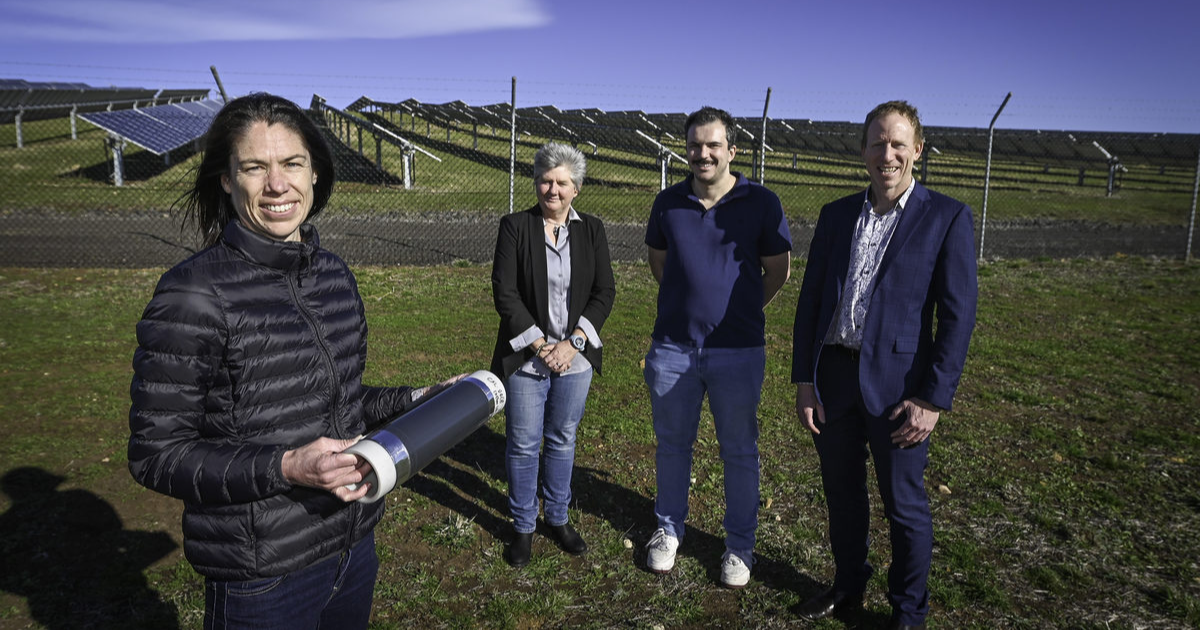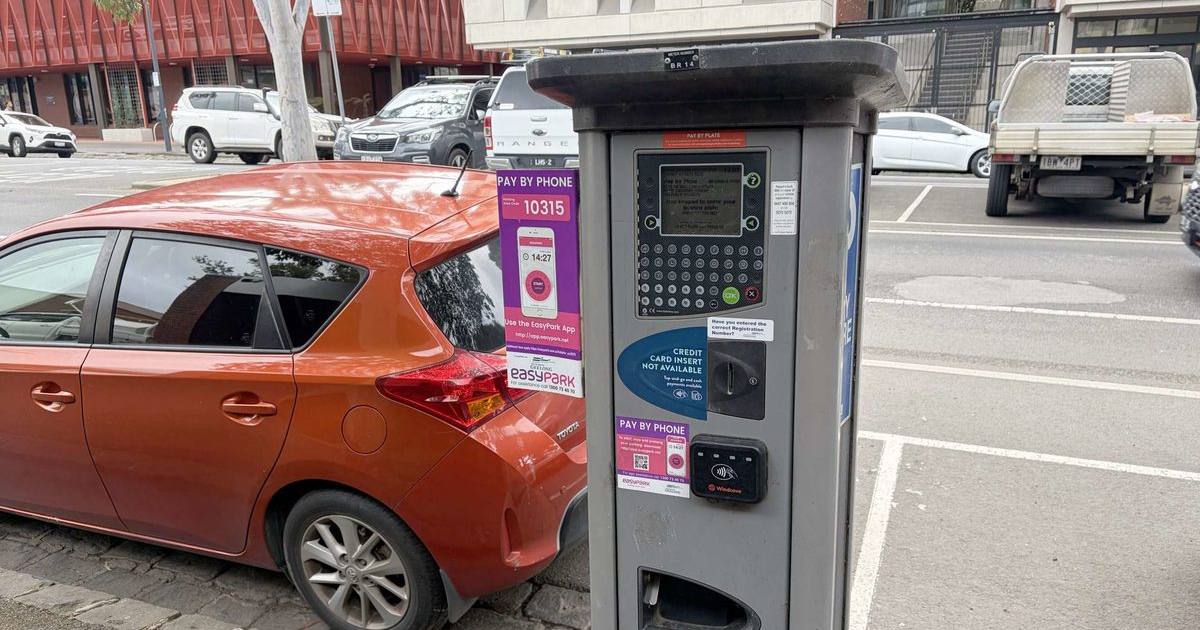Project explores local biochar potential

Deakin University, Barwon Water and RMIT are working together on the biochar project in Geelong. Photo: SUPPLIED
RESEARCHERS at Deakin University, Barwon Water and RMIT are working together to explore how food and garden waste can be used for agriculture and battery production.
The project will transform biosolids from wastewater treatment and household wastes into a biochar product for commercial use.
A recent study by Deakin University’s Faculty of Science, Engineering, Building and Environment (SEBE) is demonstrating benefits to soil health that could live on for hundreds of years and help to reduce greenhouse gases.
“This Recycling and Clean Energy Commercialisation Hub (REACH) trailblazing project will build on Deakin’s international research exploring what the optimal formulations for biochar are for the Geelong region’s soil conditions to produce high-value cereal and legume crops,” Deakin Faculty of SEBE deputy dean Professor Lambert Brau said.
The REACH research project is an important step in Barwon Water’s plans to develop Regional Renewable Organics Network facilities at its Black Rock and Colac Water Reclamation Plants to produce biochar – a carbon-rich charcoal-like material made from controlled heating of organic matter.
Using a combination of lab, greenhouse and farm trials at Deakin University’s Waurn Ponds Campus, different biochar formulations will be developed to support soil fertility and crop yields.
Detailed assessments of the costs, benefits and potential impacts of its use in agriculture will also be explored.
“We’re accelerating our research to unlock high-value commercial applications for biochar, at our Black Rock Water Reclamation Plant in Connewarre,” Barwon Water managing director Shaun Cumming said.
“Through our Regional Renewable Organics Network project, we’re supporting building a circular economy in the Geelong region, revolutionising waste management to turn organic waste into sustainable products like biochar, which enrich soils and capture carbon, benefiting local farmers and households.”.
The REACH project will also explore how biochar could be introduced as a new sustainable source for Australia’s battery supply chain through Deakin’s Institute for Frontier Materials.
“We’re exploring if biochar can be used as the anode active material within sodium-ion batteries,” Associate Professor Nolene Byrne said.
“If we are successful, sodium-ion batteries could become a safer, cheaper alternative for the lithium-ion batteries we use to store solar energy in our grid storage and home batteries.”
Barwon Water’s Regional Renewable Organics Network project aims to process approximately 60,000 tonnes of biosolids from Barwon Water’s Water Reclamation Plants, 40,000 tonnes of organic food and garden waste, 14,000 tonnes of municipal green waste and commercial and industrial organic waste annually.

















